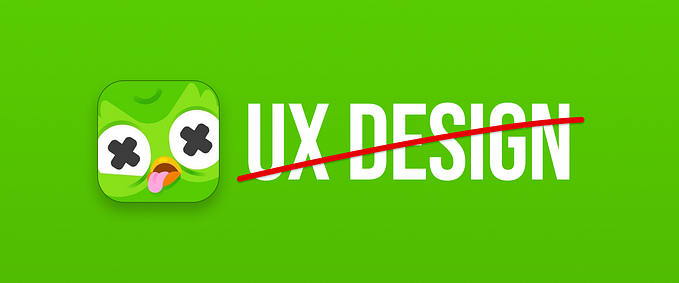Member-only story
Are you a good fit for UX?
The key skills and attributes you’ll need to stand out as a UX designer.

 User experience (UX) is a growing field, sitting at the intersection of business strategy and product development. With interesting problems to solve, stimulating work environments, and generous pay, it’s not surprising that people are interested in pursuing it. If you’ve wondered if UX might be a good fit for you, ask yourself how well you align with the following skills and traits. The field is very competitive to get into, but if you focus on developing and mastering the following skills, you’ll set yourself up for success.
User experience (UX) is a growing field, sitting at the intersection of business strategy and product development. With interesting problems to solve, stimulating work environments, and generous pay, it’s not surprising that people are interested in pursuing it. If you’ve wondered if UX might be a good fit for you, ask yourself how well you align with the following skills and traits. The field is very competitive to get into, but if you focus on developing and mastering the following skills, you’ll set yourself up for success.
Skill #1: Communication
Everyone communicates every day, yet as common as it is, communicating clearly and effectively is not easy. UX professionals need to communicate continuously with their partners and stakeholders, transcend technical and industry jargon and use simple language, and break down complex ideas into manageable concepts. They need to effectively probe others to get them to slow down and explicitly explain their reasoning to ensure no one is making assumptions or unwarranted leaps in logic. UX professionals also need to collect and synthesize data in order to distill the core idea, which they then need to articulate in a clear and compelling way. Finally, they need to be effective persuaders and storytellers to get people to listen, care, and ultimately act.
Skill #2: Collaboration and relationship building
UX is often centrally located, situated at the intersection of various teams. UX professionals work with a wide range of stakeholders that include product, engineering, marketing, sales, and account management. UX thrives when it fosters cross-functional conversation, collaboration, and alignment. Building strong relationships with stakeholders and partners is key. Being an effective collaborator creates advocates, believers, and partners through your work. UX is often a somewhat scrappy underdog within organizations, forced to fight for resources and legitimacy. By building strong relationships with other teams, you increase your credibility and value to the organization.






